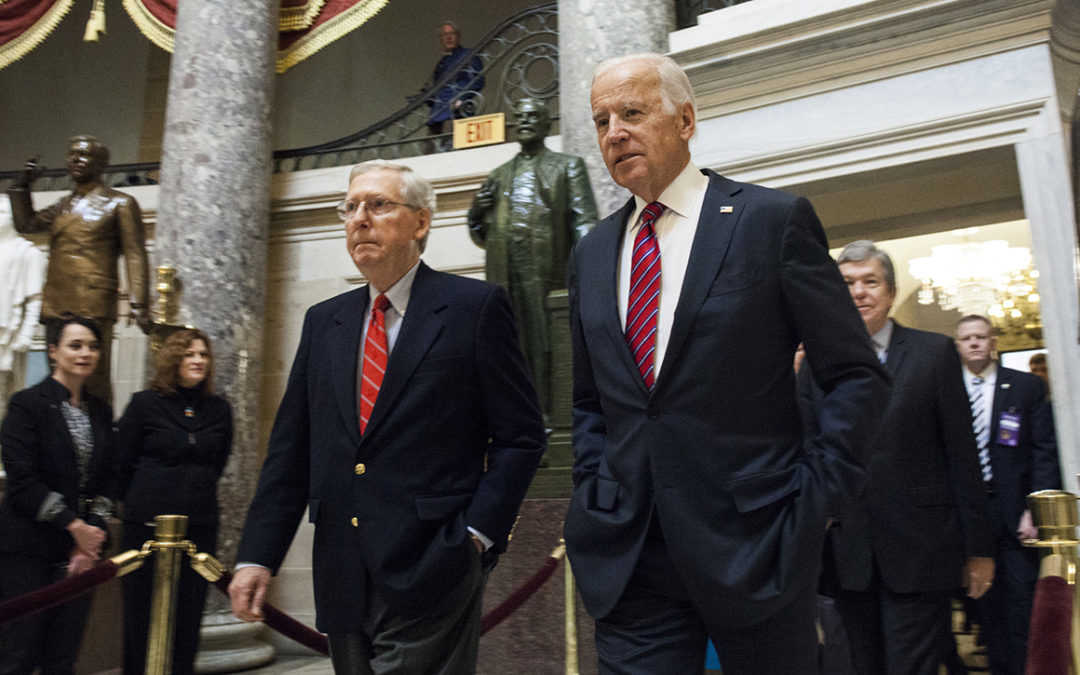It took some time, but we now know Joe Biden will be the next president of the United States, which begs the question: how will a Biden administration affect language access and employee classification? A while back, we wrote a blog post about how the Trump presidency has affected language access, but what will be different when Biden goes into office? Well, turns out we shouldn’t necessarily be looking at the presidency for answers, instead, we should look at the US Senate race.
The Senate is the government body that has the power to approve or disapprove treaties negotiated by the House of Representatives, which currently holds a democratic majority. However, as long as the Senate is controlled by republicans, it is hard for democrats to pass any legislation. Either way, whether the Senate remains Republican or whether it’s the Democrats that regain control, there will be major consequences for the language industry.
Control over the Senate is still undetermined and will not be clear until at least January 2021. Right now, the Republican party has 50 Senate seats, and the Democratic party has 48. The two run-off elections in Georgia will determine which party will end up holding the majority. If the Senate is tied 50-50, then VP Kamala Harris would be the deciding vote for democratic control. So let’s explore how a republican majority would affect language access, and how a democratic majority would affect it.
Employee Classification
One major issue still in contention is employee classification. The “Protecting the Right to Organize Act” (PRO Act) amends the National Labor Relations Act, which reclassifies all independent contractors as employees. If the Senate remains in Republican hands, it is unlikely the PRO Act will move forward in Congress. The PRO Act would allow independent contractors to join unions, and then collectively bargain for pay, benefits, and working conditions. Given that California Proposition 22 (which exempts app-based drivers from employee status) was passed overwhelmingly, it is clear much is left to be said around employee classification, and its course will depend heavily on the outcome of the Senate race.
Language Access in Healthcare
The second issue is language access in healthcare. The state of Texas has sued to overturn the entire Patient Protection and Affordable Care Act (aka Obamacare). It is now up to the Supreme Court to decide whether or not it will be overturned. Although it seems unlikely, a Republican-controlled Senate would likely not restore Obamacare if it were overturned. The Affordable Care Act considers language access a medical necessity, reimbursable under Medicare, Medicaid, and Obamacare plans. If overturned (and not restored by a Republican Senate), then language support in healthcare will no longer be considered a necessity, and no longer be covered.
JNCL – NCLIS
For more information, please consult the JNCL-NCIS, the Joint National Committee for Languages and the National Council for Languages and International Studies. They analyze federal and state legislation, provide policy recommendations to decision-makers on Capitol Hill, and track the budget & appropriations process in Congress. If you feel passionate about an inclusive language policy in America, check out their website to see how you can contribute to a multilingual future for America.


Recent Comments